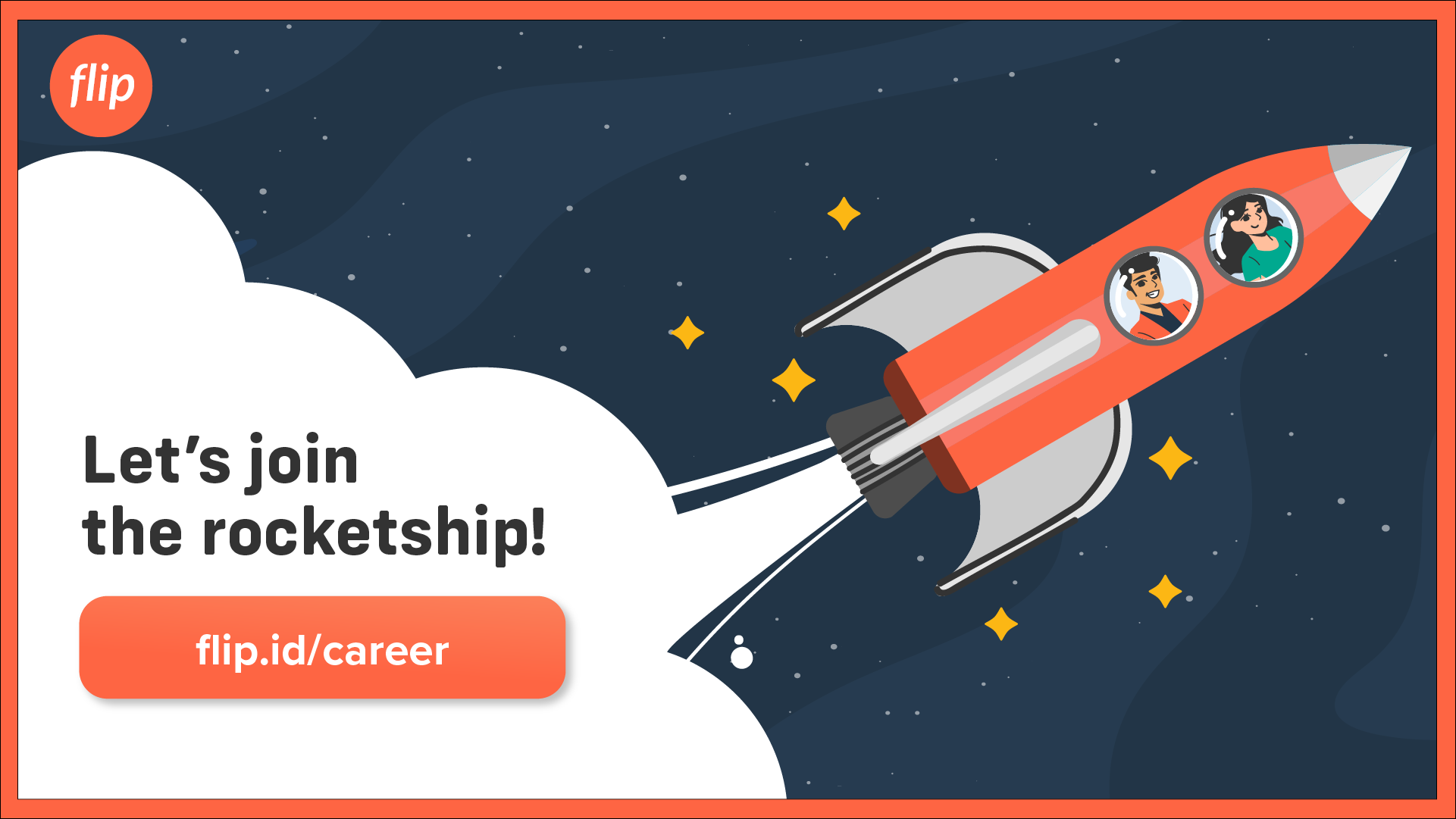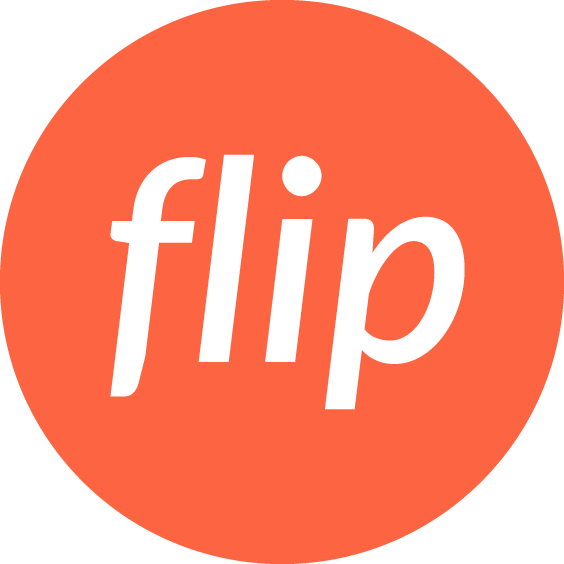Why Guess When You Can Ask?
In the world of innovation, ideas are everywhere. But not every idea can solve users' problem. At Flip, we love creative thinking but know the importance of checking if an idea works before investing time and money into it. The goal? Solve real problems and create products that people actually need.
This is where concept evaluation comes in. It’s all about getting feedback early to see if an idea will work. However, traditional methods can take too long and cost too much. That’s why we use guerilla interviews—a fast and simple way to get the insights we need within the shorter time frame.
What Are Guerilla Interviews?
Guerilla interview is an agile approach to user research. Unlike conventional methods, which involve pre-scheduled interviews and controlled environments, guerilla interviews happen on the spot. The process involves stepping into real-world environments where target users are present, engaging with them spontaneously, and collecting actionable feedback.
The approach uses the structure of conventional user interviews in the planning phase (with clear objectives and prepared questions), but the execution is more informal, flexible, and rapid. It’s a powerful tool for teams working under tight timelines or budgets, or with limited access to niche user bases.
Why Guerilla Interviews?
Based on my experience, conducting conventional concept testing often presents several challenges:
- Tight timelines: There’s rarely enough time for extensive planning or participant recruitment. Product teams need to quickly evaluate ideas and move forward, especially since there will always be more ideas waiting to be tested.
- Niche target users: When targeting new consumer segments, these audiences are often not readily available in our existing user pool.
Guerilla interviews effectively address these challenges by enabling teams to gather valuable insights quickly and without the typical constraints of conventional research methods.
How We Do It (At A Glance)
We've conducted several guerilla interviews for concept evaluation, and one of our recent highlights was validating a product concept designed specifically for small merchants, a new and untapped segment we hadn’t catered to before. Here’s how we do it at a glance:
Preparation
- Stimulus: We prepare materials or prototypes to present to participants. These could be sketches, mockups, or simple descriptions.
- Interview Guide: A structured list of key questions ensures consistency and focus during interviews.
- NDA (Non-Disclosure Agreement): To protect sensitive information, we carry NDAs for participants to sign.
- Location Selection: We identify two types of environments to meet diverse merchants:
- Traditional markets: For insights from less tech-savvy merchants.
- Shopping centers: To engage merchants more familiar with technology.
Execution
- Scan the Environment: Observe the setting and potential participants who fit the target profile.
- Approach: Start with transparency—explain who we are, our purpose, and what’s in it for them.
- Build Rapport: Speak their language and make them comfortable. This fosters trust and encourages genuine feedback.
- Record and Observe: Capture their responses while observing how they interact with customers or manage tasks.
- Engage:
- Ask key questions: Focus on their pain points, current solutions, and challenges.
- Test the concept: Present the stimulus and ask for honest feedback.
- Allow for observation: With permission, observe their work environment for contextual insights.
- Be Flexible: If they get distracted by work, pause and let them handle their customers. Use the time to observe instead.
- Wrap-Up: Thank them for their time and, if possible, collect contact information for follow-up questions.
Challenges During Interview
Even though guerilla interviews are quick and easy to execute, that doesn’t mean they come without challenges. One common hurdle is rejection, not everyone is willing to participate. Some merchants may feel too busy, uninterested, or even skeptical about the purpose of the interview. To address this, we use the snowballing method, where we ask previous participants to refer us to others.
Distractions are another challenge, especially when interviewing merchants who need to attend to customers. Unlike scheduled interviews, guerilla interviews happen on the spot, meaning interruptions are inevitable. Instead of seeing this as a setback, we embrace it as an opportunity to observe their work environment, interactions, and pain points in real-time. This way, even when they don’t talk to us, we continue gathering valuable insights.
Unclear insights can also arise when new questions emerge after the interview ends. In some cases, responses may be vague or lead to additional areas worth exploring. Since we can’t always revisit the same merchants, we politely ask for their contact details to follow up later. This helps ensure we capture accurate and complete information without putting pressure on them during the initial session.
Lastly, the spontaneous nature of guerilla interviews can lead to disorganized notes. Without a structured setting, insights can quickly become scattered or forgotten. To prevent this, we make it a habit to immediately jot down key takeaways after each session while the details are still fresh. This simple yet effective practice helps us maintain clarity and ensures that no valuable information gets lost.
What We Gain
Despite its informal nature, guerilla interviewing delivers powerful outcomes:
- Rapid Validation: Ideas are tested and refined quickly, keeping up with the pace of innovation.
- Real-World Insights: Observing users in their natural environments uncovers pain points and behaviors that might be missed in online interviews.
- Empathy: Face-to-face interactions build a deeper understanding of users’ struggles and needs.
- Grounded Context: The method helps us stay grounded by immersing ourselves in the users’ world.
Reflections
As researchers, especially for those of us who are introverted, guerilla interviews push us to step out of our comfort zones. They demand the ability to engage with strangers, build rapport within minutes, and pivot conversations effectively. The experience teaches us to listen more, talk less, and find value in every interaction.
While guerilla research doesn’t replace traditional methods, it complements them by offering speed and flexibility. For us at Flip, guerilla interviews are a vital tool to stay user-focused and agile, ensuring we innovate without losing touch with the people we serve.
Hope you enjoyed the lessons learned and solution as well it will inspire you to craft your unique style.
We're a group of passionate individuals who thrive on collaboration and pushing boundaries.








